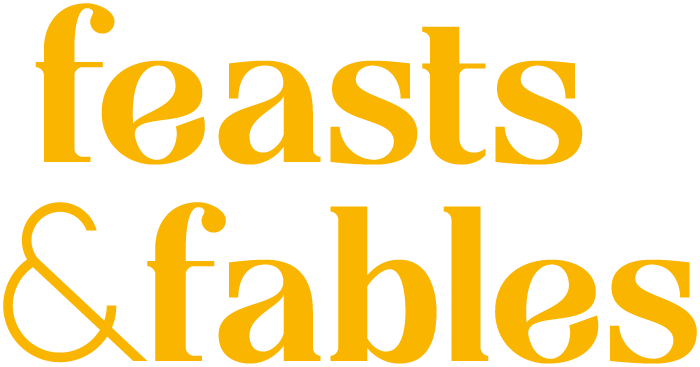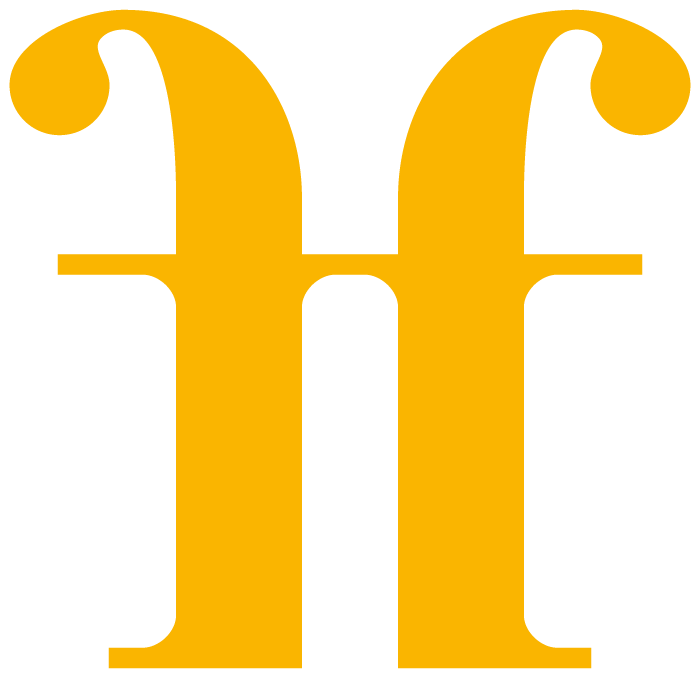Softer Versions of Change
She wasn’t doing anything I could see, except standing there leaning on the balcony railing, holding the universe together.
J.D. Salinger, A Girl I Knew, 1948
But doing enough, it seems. Who would ask Salinger’s girl to do anything else?
As my own time of doing things seems to have gently subsided, the more recent years of my work have been about changing things…. organisations, behaviours, people. Projects frequently undertaken at scale and promising dramatic results. Yet as we crash, chaotically, from one crisis to the next, I wonder if the most constructive contributions are the tiny ones; the simple, imperceptible actions that hold us all together.
Perhaps it was ever thus; the work of my previous military career was explicitly invested in change supported by the threat (if not the actual experience) of violent coercion. Thankfully, our ‘civil’ world is more subtle: the coercion remains but the work becomes leadership, management, consulting, coaching, executive education and academia. All labels for a narrative that tells us that, in some way, we are getting it wrong, and we could, and should, be doing better.
And honestly? We are getting it wrong.
We treat each other and the planet we inhabit with a recklessness and contempt that borders on insanity. Almost half of us live on less than $5.00 a day (https://www.worldbank.org/en/topic/poverty/overview accessed 26 Jan 2021) and the proportion will increase as the disruption of the Covid-19 pandemic takes shape.
Meanwhile, in the ecological sphere, nature loss is accelerating and 1 million species are currently threatened with extinction (https://www.wwf.eu/?uNewsID=346735 accessed 26 Jan 2021 (‘Scientists’ warn of looming ecological collapse must prompt policy action’ posted 6 May 2019)).
It’s clear that our world is falling apart and delicate ‘holding’ is needed.
The nobility I felt in military service slowly fell away as I came to realise that, even with the best intent, violence never works. In corporate life, I know well the pressure that breeds resentment, disengagement and burnout as our efforts to promote change meet the consultants’ dilemma; people don’t resist change, they resist being changed.
It’s easy to feel the temptation of salvation: we have been schooled in the belief that excellent leaders will pave the way and that science will, after all, save us. But while salvation might move us from the ‘here-and-now’ and help us defer to the belief of future bliss, we know that how we live our days is how we live our lives.
So, instead, I’m placing my faith in revelation: showing rather than telling; making images of the moments that cause me to draw a breath; sharing my moments of inspiration with others and then watching the ripples spread.
As I bring my focus towards this kind of aesthetic insight, I’m drawn by the words of Oriah Mountain Dreamer (Dreamer, O.M. (1995) The Invitation. London: Element.)
I want to know if you can see beauty
even when it’s not pretty,
every day,
and if you can source your own life
from its presence.
In these difficult times, much of what I ‘see’ isn’t pretty; it’s odd, mundane, curious, troubling. But that’s no reason to look away and I’m learning to respect my own lack of clarity and focus. I’ve learned to love the days when I can’t see where I’m going, what I’m doing or who I think I am. These are the days when I’m searching; days that hold a paradox between determined work and driven effort, and simply making myself available, being present. It can feel like a tough stride into my own vulnerability.


